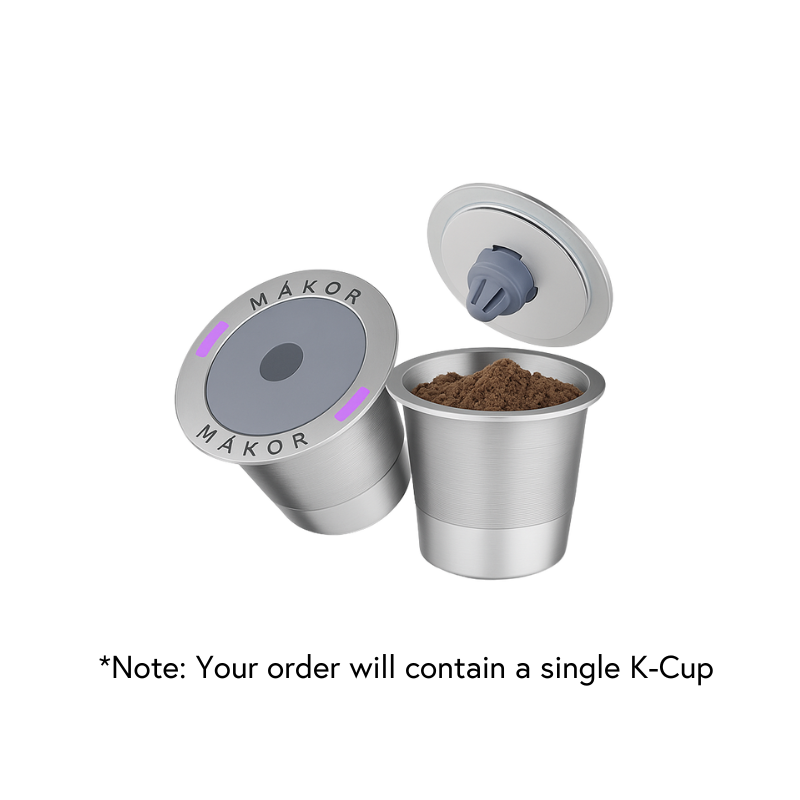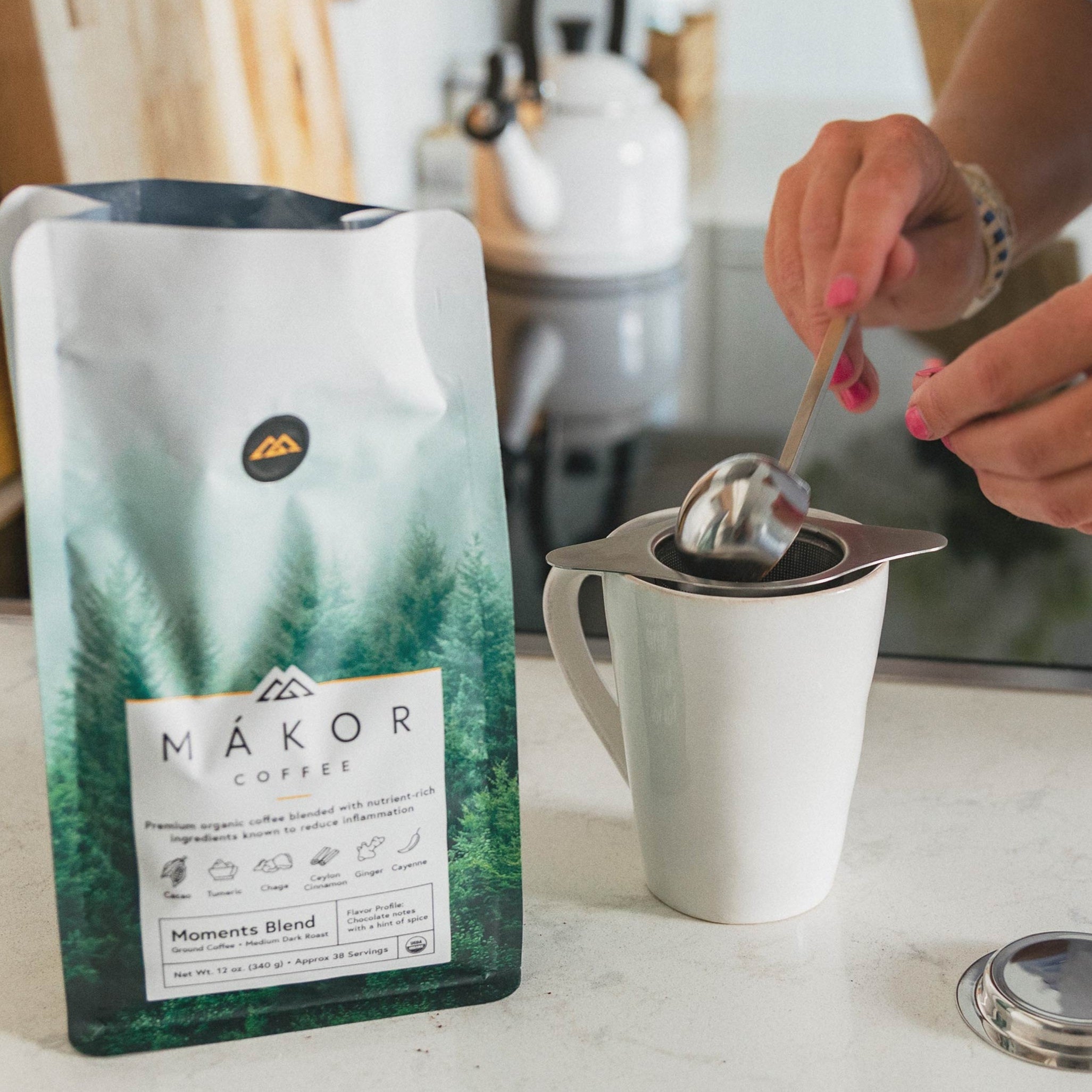Inflammation is a critical issue affecting millions of Americans, often silently contributing to a range of chronic health problems. From heart disease and diabetes to arthritis and Alzheimer’s, chronic inflammation is a common thread that can significantly impact quality of life. However, the good news is that making small, daily changes in diet and lifestyle can help manage and reduce inflammation, leading to better health outcomes.
The Scope of the Problem
Inflammation is the body’s natural response to injury or infection, but when it becomes chronic, it can wreak havoc on the body. According to the Centers for Disease Control and Prevention (CDC), chronic diseases, many of which are linked to inflammation, account for 70% of all deaths in the United States. Here are a few data points that highlight the severity of the issue:
- Prevalence: Over 60% of American adults have at least one chronic condition, and many of these conditions are associated with chronic inflammation.
- Economic Impact: Chronic diseases cost the U.S. economy over $3.8 trillion annually, with a significant portion of these costs linked to inflammation-related conditions.
- Lifestyle Factors: Poor diet, lack of physical activity, and high stress levels are major contributors to chronic inflammation.

How Organic Whole Foods Can Help
One of the most effective ways to combat inflammation is through diet. Organic whole foods, rich in antioxidants and anti-inflammatory compounds, can play a crucial role in reducing inflammation. Here are a few key data points:
- Antioxidants: Foods rich in antioxidants, such as cacao, turmeric, and ceylon cinnamon, can help neutralize free radicals that cause inflammation. A study published in the Journal of the American College of Nutrition found that a diet high in antioxidants can reduce markers of inflammation by up to 30%.
- Omega-3 Fatty Acids: Found in fatty fish, flaxseeds, and walnuts, omega-3 fatty acids have been shown to reduce inflammation. Research from the American Journal of Clinical Nutrition indicates that regular consumption of omega-3s can lower levels of C-reactive protein (CRP), a marker of inflammation, by up to 25%.
- Fiber: High-fiber foods, such as cacao, can help reduce inflammation by promoting a healthy gut microbiome. A study in the journal Gut found that a high-fiber diet can reduce systemic inflammation by up to 20%. Cacao, in particular, is a rich source of fiber, with 100 grams of cacao containing about 33 grams of fiber.
The Power of Slowing Down
In addition to diet, slowing down and reducing stress can have a profound impact on inflammation. Chronic stress triggers the release of inflammatory cytokines, which can exacerbate inflammation. Here are a few ways to slow down and manage stress:
- Mindfulness and Meditation: Regular practice of mindfulness and meditation can reduce stress and inflammation. A study published in the journal Brain, Behavior, and Immunity found that mindfulness meditation can reduce inflammatory markers by up to 15%.
- Adequate Sleep: Getting enough sleep is crucial for reducing inflammation. The National Sleep Foundation recommends 7-9 hours of sleep per night for adults. Research shows that sleep deprivation can increase inflammatory markers by up to 40%.
- Regular Exercise: Moderate exercise, such as walking, yoga, or swimming, can help reduce inflammation. A study in the Journal of Applied Physiology found that regular exercise can lower CRP levels by up to 30%.
Introducing Makor: Your Daily Ally in the Fight Against Inflammation
At Makor, we understand the importance of making small, sustainable changes to improve health. Our coffee is not just a beverage; it’s a daily ritual that supports your well-being. Each cup of Makor coffee is infused with six organic superfoods, carefully selected for their anti-inflammatory properties:
- Cacao: Rich in antioxidants and high in fiber, cacao can help reduce inflammation and promote gut health.
- Turmeric: Known for its powerful anti-inflammatory effects, turmeric can reduce inflammation by up to 50%.
- Chaga Mushroom: A potent immune booster, chaga mushrooms can help reduce oxidative stress and inflammation.
- Ceylon Cinnamon: Rich in antioxidants, ceylon cinnamon can lower inflammation and improve insulin sensitivity.
- Ginger: Another potent anti-inflammatory, ginger can help reduce muscle pain and soreness.
- Cayenne: Known for its anti-inflammatory and pain-relieving properties, cayenne can help reduce inflammation and improve circulation.
By incorporating Makor Coffee into your daily routine, you can make a small but significant change that supports your overall health and well-being. Start your day with a cup of Makor and take a step towards a healthier, more balanced life.




